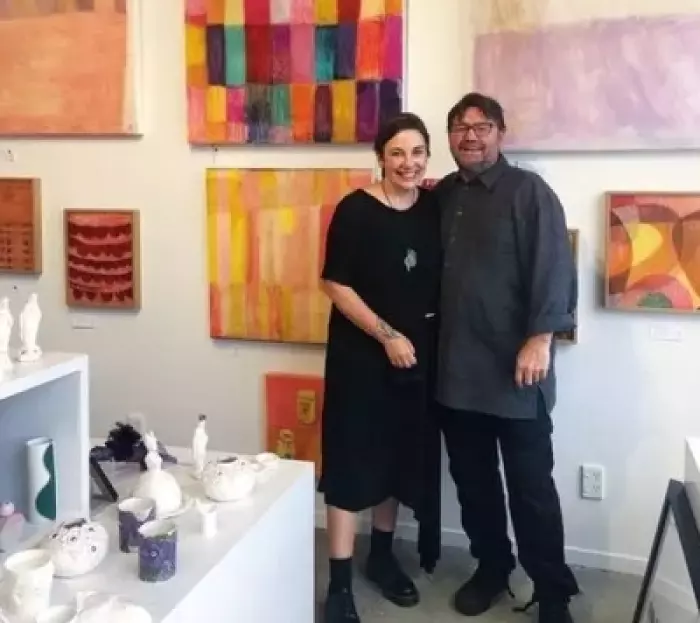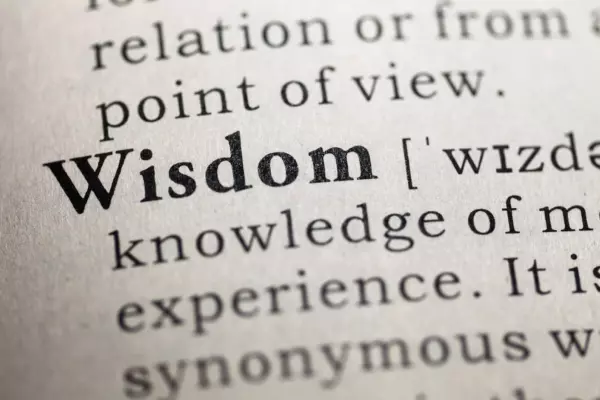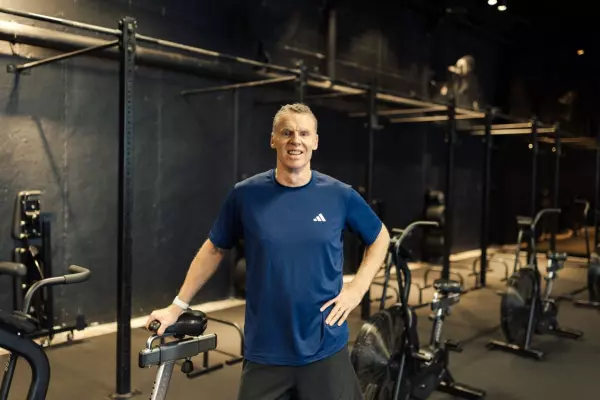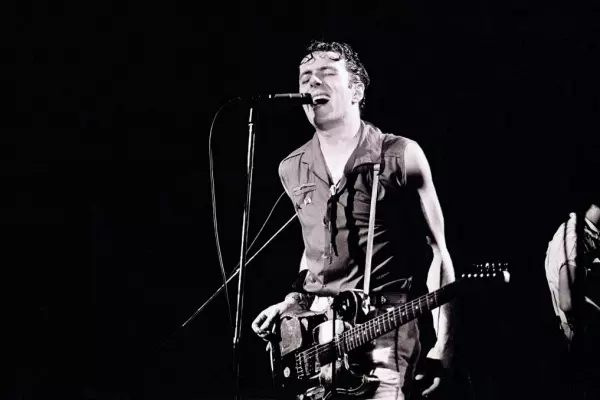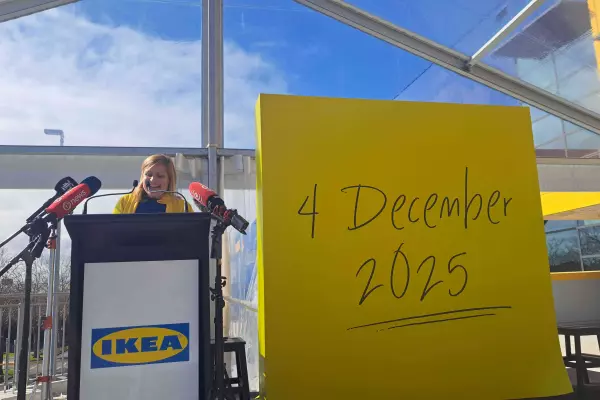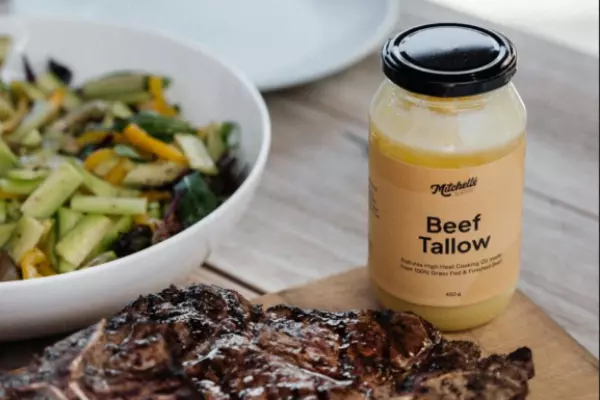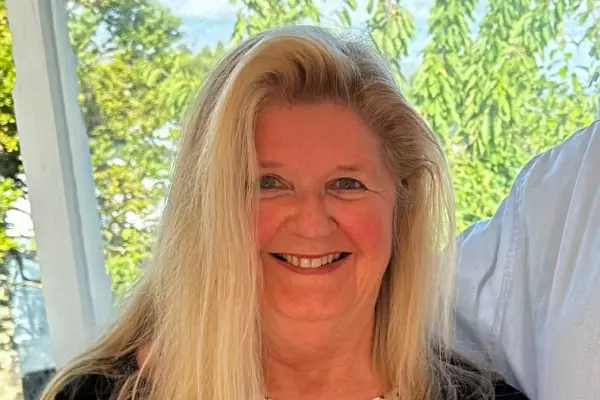Most entrepreneurs aim to fill a gap in the market when they launch a new business venture, but for Melanie-Jane (Ngāti Porou) and Clayton Smith, founding their retail art gallery The Poi Room was more than that.
“There was a gap in our lives,” Clayton said. “We wanted to do something differently in the art world and we have.”
Their couple founded The Poi Room in 2007 to celebrate New Zealand art, especially by Māori artists, leaving behind careers in intellectual property law and quantity surveying.
Their biggest focus over the past 15 years has been in building meaningful relationships with the many local artists they’ve met, showcasing and selling a wide range of local art ranging from glass and ceramics to prints and paintings.
“Our connection with our artists has been so important,” Clayton said. “We're not living through them, but we live with their journeys.”
A key point of difference at the time – when the local economy was peaking in the mid-2000s – was their strong focus on Māori art and indigenous design. That’s something that has shifted over the years.
“People copy us now – they copy my social media, they copy my marketing,” Clayton said. “Our competitors are copying even down to our supply chain, getting them on board. We advertise something, you'll see them advertise something a week later.”
For The Poi Room, it seemed to have worked. The company has grown from its Newmarket store to opening a smaller shop in Ponsonby Road and runs a website dealing with international and domestic buyers from further afield.
They have frequent orders from Australia and a strong customer base overseas in the US, who buy a lot of their bigger prints.
He tangata
Some of those local customers have been buying art through The Poi Room for so long they’ve started to feel like family.
Melanie-Jane said they’ve built such strong relationships with some local customers over the years, that they have started to feel like family, with multiple generations visiting the stores.
“Parents come in with their children and then those parents become grandparents and they bring in their mokopuna,” she said.
That’s fitting, given The Poi Room’s name was inspired by Melanie-Jane’s grandmother Kathleen – who was part of the Māori Women's Welfare League and frequently performed poi.
“The name is about movement as well as groundedness,” Clayton said. “I feel that around a lot of the artists that are with us.”
Bringing work home
The couple needed to be grounded and dynamic over the past two years as they navigated the pitfalls and uncertainty created by the covid-19 pandemic.
When the first lockdown hit in March 2020, Melanie-Jane and Clayton were worried about their shops being burgled and when they’d be able to get back into the shop, so they did what everyone else did and started working from home.
They took “as much stock as they could” and worked from their dining room table as orders rolled in.
“We started getting all these orders coming through and we were wrapping things up and getting them ready so when things were able to be couriered out, we would have this stack of all these beautiful pieces ready for people,” Melanie-Jane said.
“It literally took over our home,” Clayton said. “Our house was our business.”
Being able to use couriers under level 3 to get stock out to customers was a big relief, as money could start trickling back in the door.
“For level 4, your revenue drops to zero. Level 3, it bounces back to about 40% or 50%, if you're lucky,” Clayton said.
“We worked extra hard,” Melanie-Jane said. “There were a lot of people out there who were spending lockdown reading lovely books and things, and we probably tried to have one day that we were doing that.”
The two of them have noticed an increase in the sales of their bigger prints since covid began, a sign Clayton said was people spending more time in their homes and wanting to brighten them up in small ways.
Having got through the worst of covid, Clayton said there’s no desire to expand and the pair are focused on reinvesting their profits back into the business.
“We’re very happy doing what we're doing,” he said. “It means we’re going to keep moving because if you don't change, you stand still and you're going backwards.”


